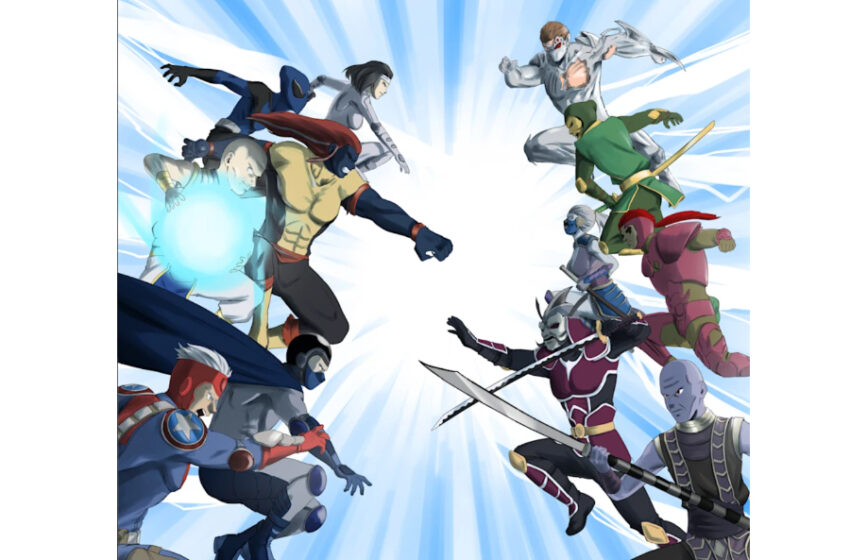What Does It Mean That Comic Books Are Going Digital and Entering NFTs?
However, these NFT disruptions have also sparked a dispute over intellectual property rights and marketability between the big corporations and the creators, and this is just the beginning. As with any industry, as the market ages, certain problems are ironed out over time. However, it appears that NFTs will greatly benefit the comics like BattleSpecies, graphic novel, and book industries since it enables interaction between authors, admirers, and customers in fresh and inventive ways.
How did online comics gain popularity?
More and more artists are currently being asked to draw digitally in the comic book and creative artist industries, or they are already doing so to keep up with demand. This is also because they have access to digital technologies that are not available to them on paper.
How Do NFTs Benefit Comic Book Creators?
The uniqueness of artists’ works has decreased in this “digital” age. NFTs which use Blockchain technology are now very appealing to many artists as a result. This is because it enables them to transition to digital production while also enhancing the collectability of the resulting work.
Additionally, artists earn more on original works of art than on their standard comic rates. This is because of the low quality of comic book rates. As of August 2021, the average compensation for comic book artists in the United States was $41,643, which is obviously not very high given the amount of joy and aesthetic awesomeness they provide to readers.
How to Do NFT Comics Work?
As the name suggests, comic book NFTs are NFTs of actual comic books. By purchasing an NFT that represents a particular issue, fans or casual readers can acquire a digital comic book issue. In essence, digital NFT comics enable the creation of “first editions” that are collectible in a similar way to how valuable real first editions are.
Right now, consumers can purchase online memberships to provide them access to all the comic book series of their preference, however, that’s only a subscription rental model, not a genuine ownership arrangement. As a result, investors or collectors may not find it to their liking.


